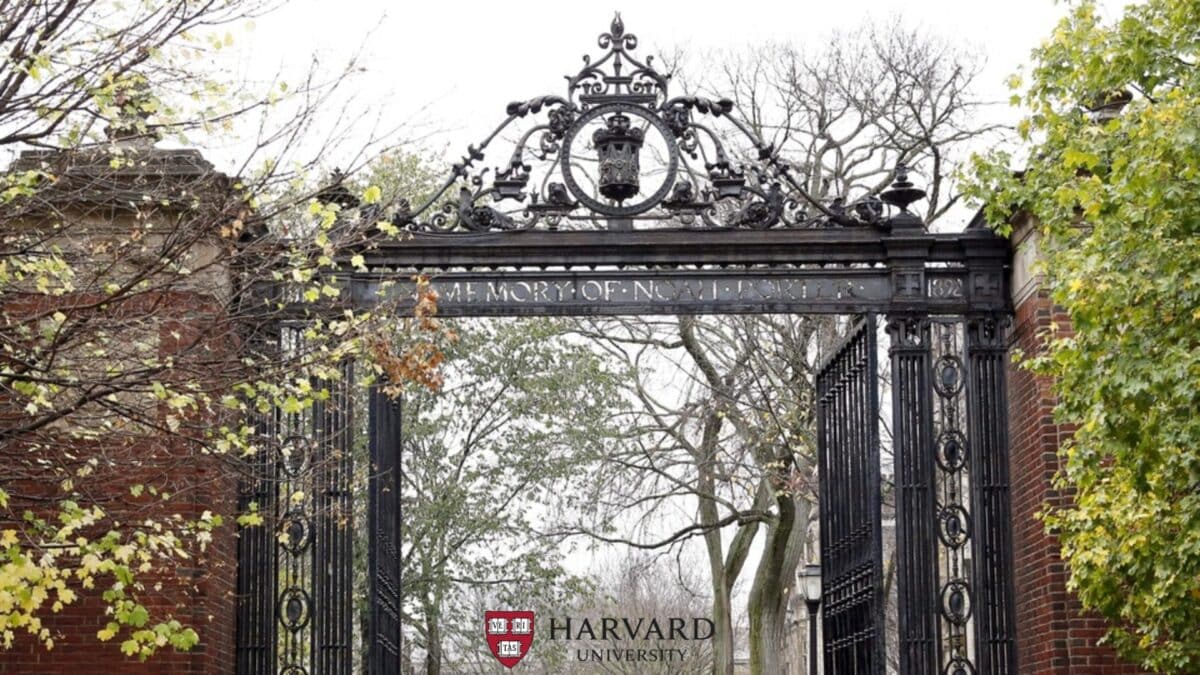Harvard University has announced it will allocate $250 million of its own resources to support research programs following a federal funding freeze imposed by the Trump administration. The funding decision comes as part of a broader strategy to maintain critical academic work and compensate for the loss of more than $2.6 billion in federal research grants. In a message to the university community, President Alan Garber warned of “difficult decisions and sacrifices” in the months ahead.
Harvard’s move follows similar actions by other institutions. Johns Hopkins University has begun providing annual grants of up to $150,000 to faculty facing abrupt disruptions in federal research funding. Northwestern University has taken on costs for research projects that received stop-work orders from the federal government in April. The shift toward institutional funding signals a growing trend as universities respond to the political environment affecting federal support.
Backlash From Washington Prompts Institutional Reponse
The federal freeze stems from a political standoff between elite universities and the Trump administration, which has demanded changes to campus policies concerning protests, admissions, and faculty hiring. Harvard, the first institution to publicly oppose the federal directives, is no longer eligible for new federal research grants until an agreement is reached. Donald Trump has also suggested revoking the university’s tax-exempt status, intensifying pressure on its operations.
Garber stated that Harvard cannot absorb the full cost of suspended federal funds. While the $250 million commitment will provide short-term relief for the coming academic year, the university is still seeking longer-term financial solutions. The president did not specify how the funds would be sourced, but Harvard’s $53 billion endowment is expected to play a role. The university typically draws 5% of its investment earnings annually for operations, although much of the endowment is restricted by donor intent.
Harvard joins colleges moving to self-fund some research to offset federal funding cuts — via @wpri12 https://t.co/Agab83UZTc
— FOX Providence (@FOXProvidence) May 15, 2025
Endowment Limits and Leadership Pay Cut
To manage the funding crisis, Harvard has already taken significant financial steps. Last month, it initiated plans to borrow $750 million. Additionally, President Garber will take a 25% voluntary pay cut during the upcoming fiscal year, though his exact salary was not disclosed. Past university presidents have earned over $1 million annually, according to The Harvard Crimson.
The financial strain is not limited to Harvard. Columbia University recently announced it would lay off nearly 180 employees following federal cuts totaling $400 million. As universities adjust budgets, they also face challenges maintaining ongoing research that spans years and often involves lifesaving work. Garber emphasized the importance of protecting such efforts, describing the situation as a transitional phase for the university’s research mission.
Higher Eduction Community Speaks Out
The federal government’s actions have prompted condemnation from academic institutions nationwide. Over 50 higher education organizations, including the American Council on Education, issued a joint statement urging the administration to restore cooperation with colleges and universities. The statement argued that the U.S. suffers when federal research grants are “held hostage for political reasons and without due process.”
These groups maintain that the benefits of academic research—ranging from medical breakthroughs to technological innovation—depend on a stable relationship between universities and the federal government. The call to action reflects growing concern over the long-term implications of political interference in academic funding.









